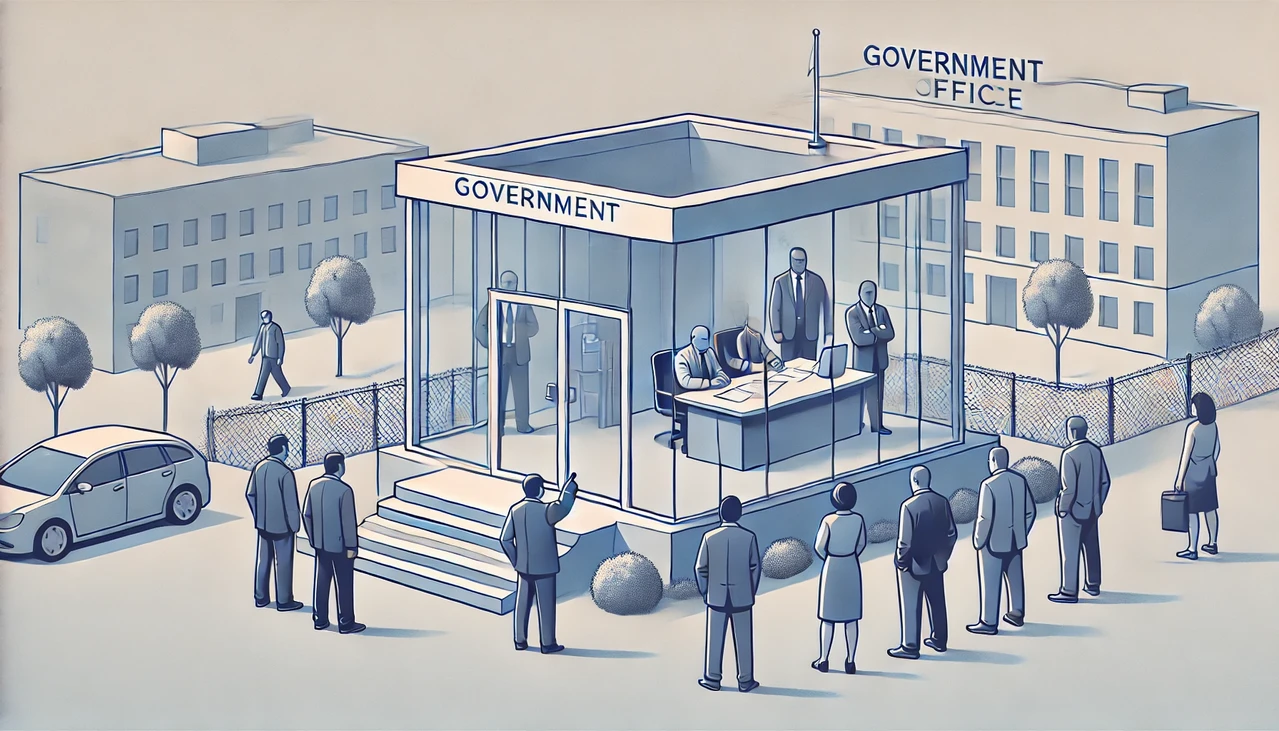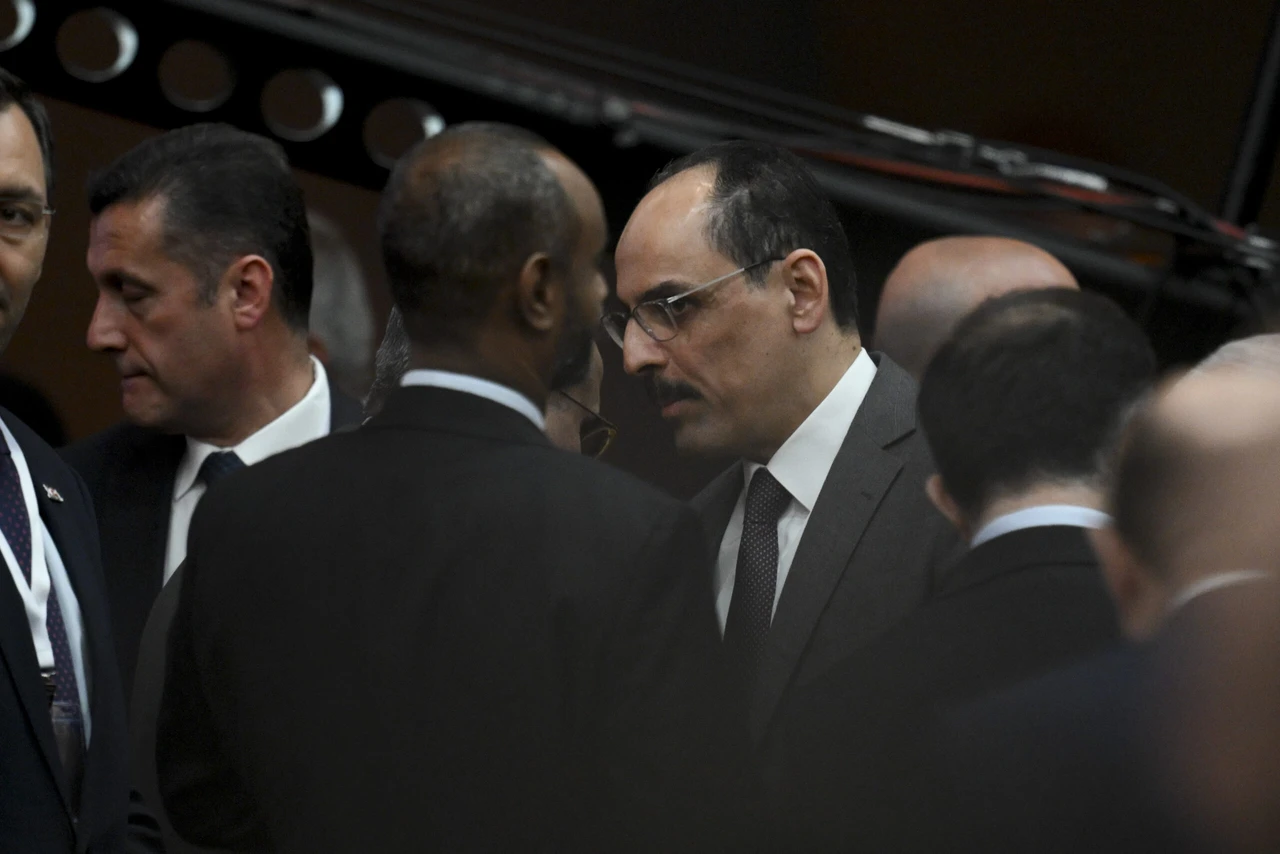Istanbul Planning Agency releases Türkiye’s transparency report
 An AI illustration that shows the transparency in governance (Photo by DALL-E via OpenAI)
An AI illustration that shows the transparency in governance (Photo by DALL-E via OpenAI)
On Aug. 7, the Istanbul Planning Agency (IPA), affiliated with the Istanbul Metropolitan Municipality, published a new report titled “Transparent Governance for a Transparent Society: Türkiye’s Transparency Report Card.”
Since 2012, Türkiye’s standing in the Corruption Perceptions Index (CPI) has steadily declined, reflecting increasing concerns about public sector corruption. In 2023, Türkiye ranked 115th out of 180 countries, highlighting a significant perception of corruption within its public institutions. Among G20 nations, Türkiye is positioned 18th, and within the OECD, it ranks 36th out of 37 countries.
World Bank’s Worldwide Governance Indicators
The World Bank assesses governance through six dimensions: Voice and accountability, political stability, government effectiveness, regulatory quality, rule of law and control of corruption. According to this report, Türkiye’s scores have been decreasing, especially in voice and accountability, rule of law and control of corruption.
Public procurement transparency
Public procurement should exemplify transparency and accountability. In 2023, Türkiye’s public procurement spending reached ₺1.6 trillion ($47.76 billion), accounting for 6.1% of its gross domestic product. However, transparency has declined according to this report, with a significant shift from open tenders to negotiated procedures. The ratio of public procurements conducted via open tenders fell from 74.6% in 2015 to 46.66% in 2023.
Transparency issues in Türkiye Wealth Fund
Established in 2016, the Türkiye Wealth Fund (TVF) operates with extensive authority but limited accountability, according to this report. The TVF can borrow without limit and is exempt from many public accountability measures, raising concerns about its transparency and governance.
Budget expenditures
Türkiye’s budget transparency has historically been relatively high, but recent trends indicate a shift according to this report. Significant expenditures are now categorized under “other” or “unclassified,” obscuring their specifics.
Between 2020 and 2024, over ₺1.4 trillion were spent on such categories, making it difficult for the public to track these expenditures.
Public-private partnerships (PPPs)
According to the IPA’s report, the financial details of PPP projects, including guarantees and payments, are often not disclosed, reducing transparency. The lack of public access to these financial commitments hampers accountability.
Media financing transparency
Transparent media financing is critical for an independent press. However, according to the data given by the report, Türkiye faces challenges in this area. Public advertising expenditures are significant, yet post-2020 data is not publicly available. Furthermore, the rise in advertising spending by public banks, such as Halkbank and Ziraat Bank, raises questions about the proper use of public funds.



